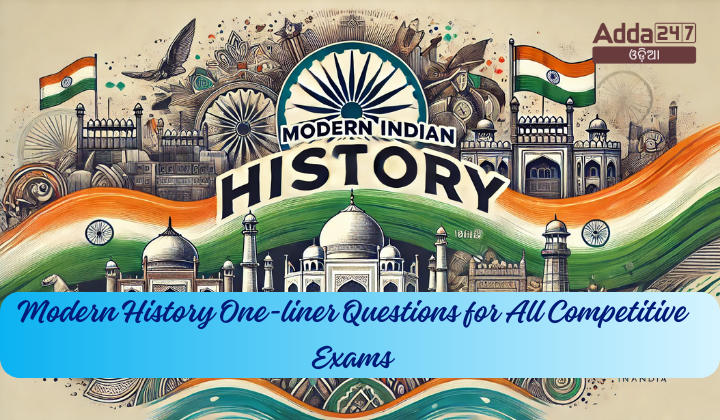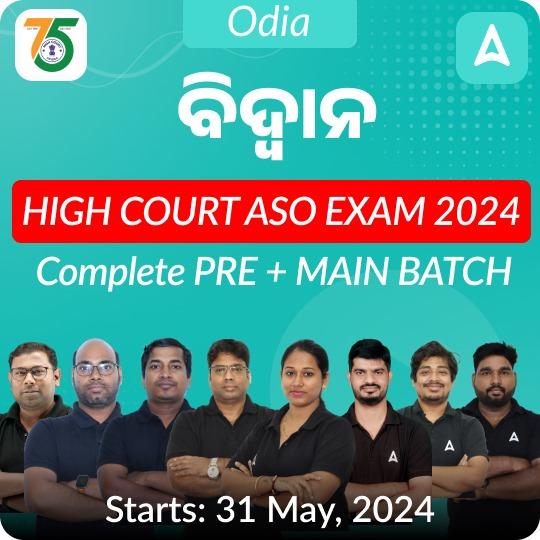Modern Indian History refers to the period from the mid-18th century to India’s independence in 1947, marked by the decline of the Mughal Empire, the rise of British colonial rule, and the struggle for freedom. This era witnessed socio-political reforms, revolutionary movements, and the emergence of leaders who shaped India’s destiny.
Oneliner Questions on the Subsidiary Alliance
- What is the Subsidiary Alliance?
- Who introduced the Subsidiary Alliance system?
- Which Governor-General popularized the Subsidiary Alliance in India?
- Who was the first Indian ruler to accept the Subsidiary Alliance?
- Which ruler joined the Subsidiary Alliance after the War of Buxar?
- What was the main aim of the Subsidiary Alliance?
- What did Indian rulers lose under the Subsidiary Alliance?
- What were Indian rulers required to do under this alliance?
- What happened if Indian rulers failed to pay for British troops?
- Did the British interfere in the internal matters of allied states?
- Why was the Subsidiary Alliance advantageous for the British?
- What was forbidden under the Subsidiary Alliance?
- What role did the British Resident play in allied states?
- Why were Indian rulers not allowed to hire foreign experts?
- What was the condition of Indian states under the Subsidiary Alliance?
- When did Lord Wellesley serve as Governor-General?
- Which French Governor-General originally used the term Subsidiary Alliance?
- How did the Subsidiary Alliance weaken Indian states?
- What was one key feature of the Subsidiary Alliance system?
- What did the alliance ensure for the British?
Answer:
- Ans: A policy where Indian princely states surrendered sovereignty to the British in exchange for protection.
- Ans: Initially developed by Joseph François Dupleix of France and later implemented by Lord Wellesley.
- Ans: Lord Wellesley.
- Ans: Nizam of Hyderabad.
- Ans: Nawab of Awadh.
- Ans: To establish British supremacy and reduce Indian rulers to dependents.
- Ans: Control over military and foreign policy.
- Ans: Disband their own armies and maintain British troops.
- Ans: They lost part of their territory to the British.
- Ans: Yes, despite promises of non-interference.
- Ans: It expanded British control without direct annexation.
- Ans: Alliances with foreign nations without British consent.
- Ans: Acted as the British representative, overseeing the court and policies.
- Ans: To limit French influence in India.
- Ans: They became British protectorates with little autonomy.
- Ans: From 1798 to 1805.
- Ans: Marquis Dupleix.
- Ans: By making them economically and militarily dependent on the British.
- Ans: Permanent stationing of British troops in Indian territories.
- Ans: Strategic control over Indian territories and reduced resistance.














